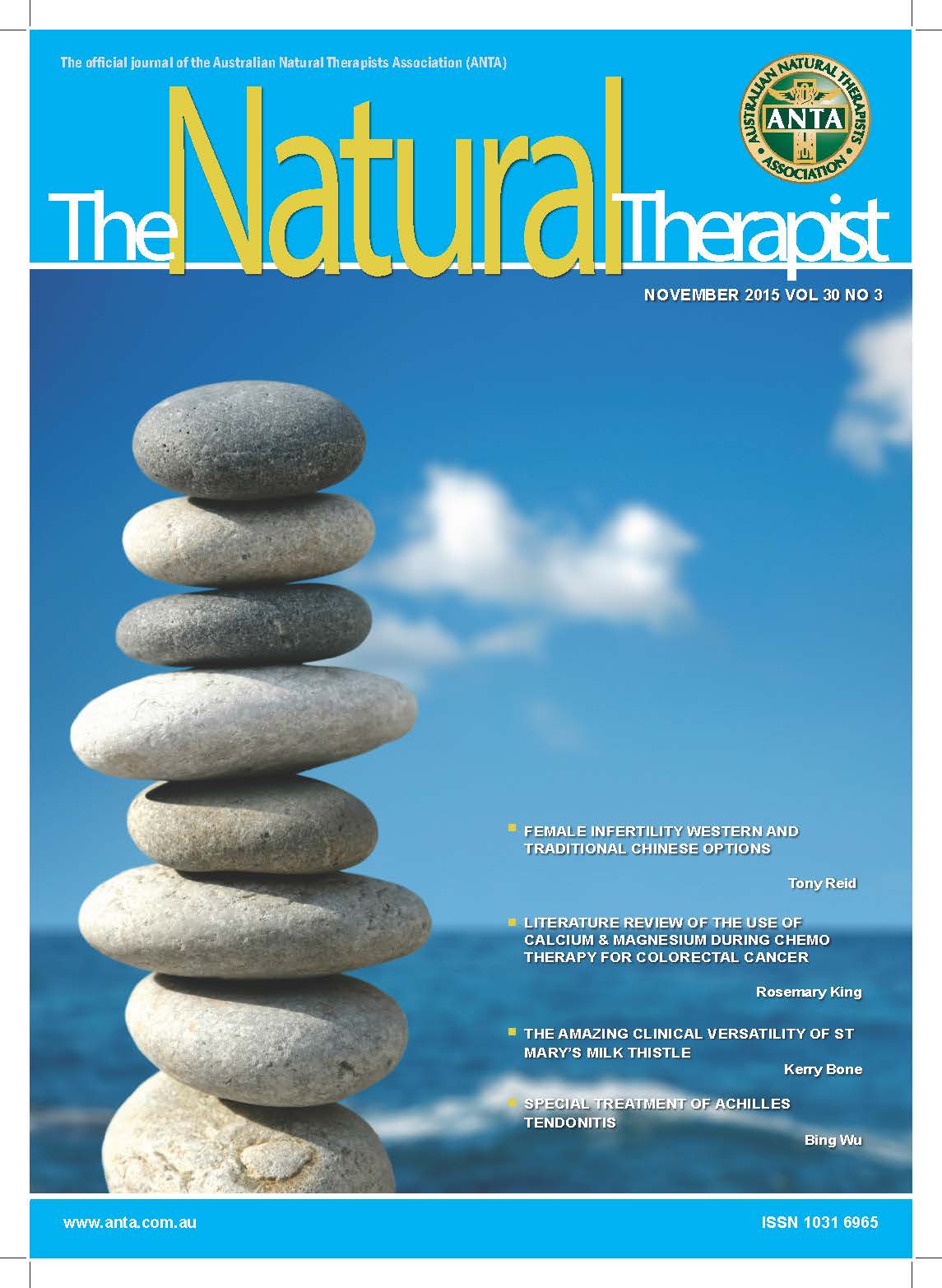News Categories
Anti-oxidants are protective against cataracts
 A total of 13 observational studies with 18,999 participants were included in this meta-analysis. The studies evaluated the risk of cataract in association with blood levels of vitamin A, vitamin C, vitamin E, alpha-carotene, beta-carotene, lutein, zeaxanthin, lycopene and beta-cryptoxanthin.
A total of 13 observational studies with 18,999 participants were included in this meta-analysis. The studies evaluated the risk of cataract in association with blood levels of vitamin A, vitamin C, vitamin E, alpha-carotene, beta-carotene, lutein, zeaxanthin, lycopene and beta-cryptoxanthin.
The authors found that high serum vitamin E, α-carotene, lutein and zeaxanthin levels were each associated with a 25 to 30 percent lower risk of developing cataracts. Vitamin A and C were associated with a 31 to 33 percent risk reduction. The effect, however, was observed in Asian but not Western populations. Beta-carotene, lycopene, and β-cryptoxanthin were not associated with a decreased risk of cataracts.
Based on these findings, antioxidants might have a protective effect against cataract, highlighting the importance of eating a diet that is rich in antioxidant vitamins and carotenoids.
References :
Cui YH, Jing CX, Pan HW.Association of blood antioxidants and vitamins with risk of age-related cataract: a meta-analysis of observational studies.Am J ClinNutr. 2013 Sep;98(3):778-86. Epub 2013 Jul 10.
http://www.ncbi.nlm.nih.gov/pubmed/23842458
Use our search facility to find what you're looking for on the ANTA website.


